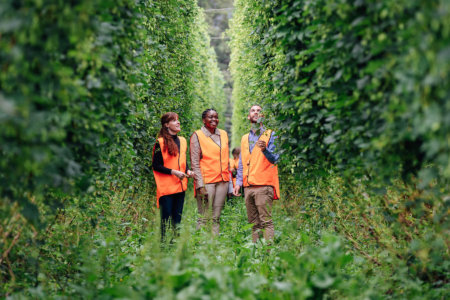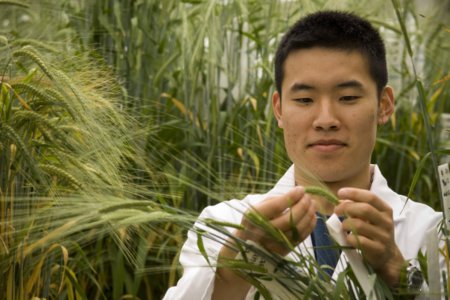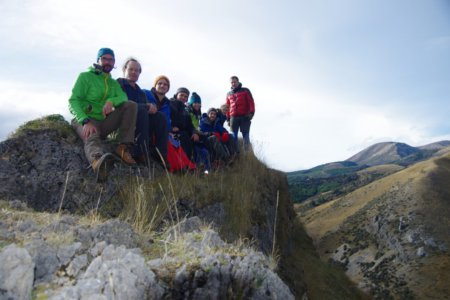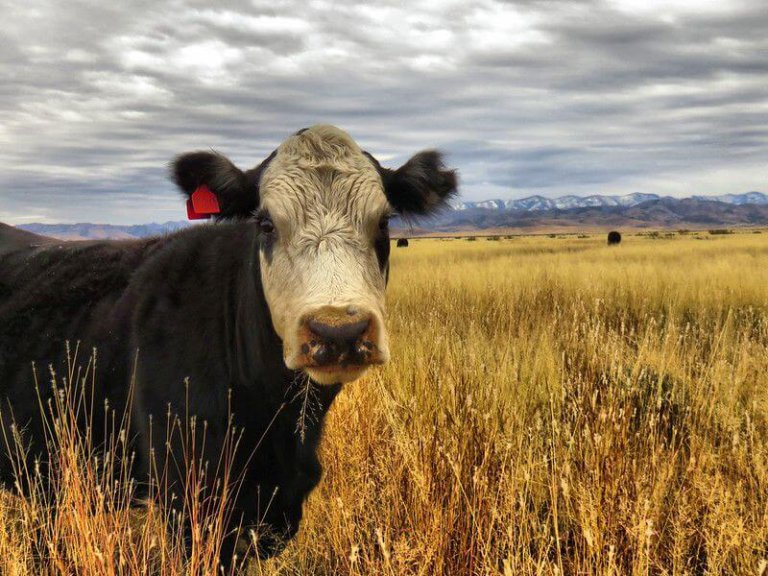
Few motivations are as powerful when choosing a career than a desire to leave the world a better place for future generations. In 2021, that means fighting for a healthier planet. It translates to solving statistics like the following: CO2 levels are breaking records; the past decade has been hotter than ever; and in the last three decades, the world has lost 178 million hectares of forest.
Then, there are these predictions to contend with. The United Nations projects that the world population could reach 9.7 billion by 2050. Food demand is also expected to increase by 59% to 98% by 2050.
One discipline is set to play a crucial role to turn things around: agriculture. With climate change becoming the defining issue of our time, there is an increasing need for agriculturists to engage in sustainable food production, in addition to playing a role in addressing the global food security crisis.
Studying agriculture in the US will give international students a distinct advantage over those who did the same elsewhere. The nation is a world leader in the field and serves as an important role model for countries around the world looking to address challenges of their own. Furthermore, the US is behind some of the most advanced technology in the world. If you’re looking to learn from the best and bring what you learn home, here are four universities in the US ready to turn your passion for agriculture into a profession:
Arizona State University, Morrison School of Agribusiness
A top 25 business school. Ranked first for innovation –– beating the likes of MIT and Stanford. Curricula that lead to rewarding careers or further study. The Morrison School of Agribusiness at Arizona State University’s W. P. Carey School of Business is just as future-focused as it is excellent. Here, programmes focus on unique challenges and practices to prepare students for a competitive, sophisticated, and global industry of agriculture.
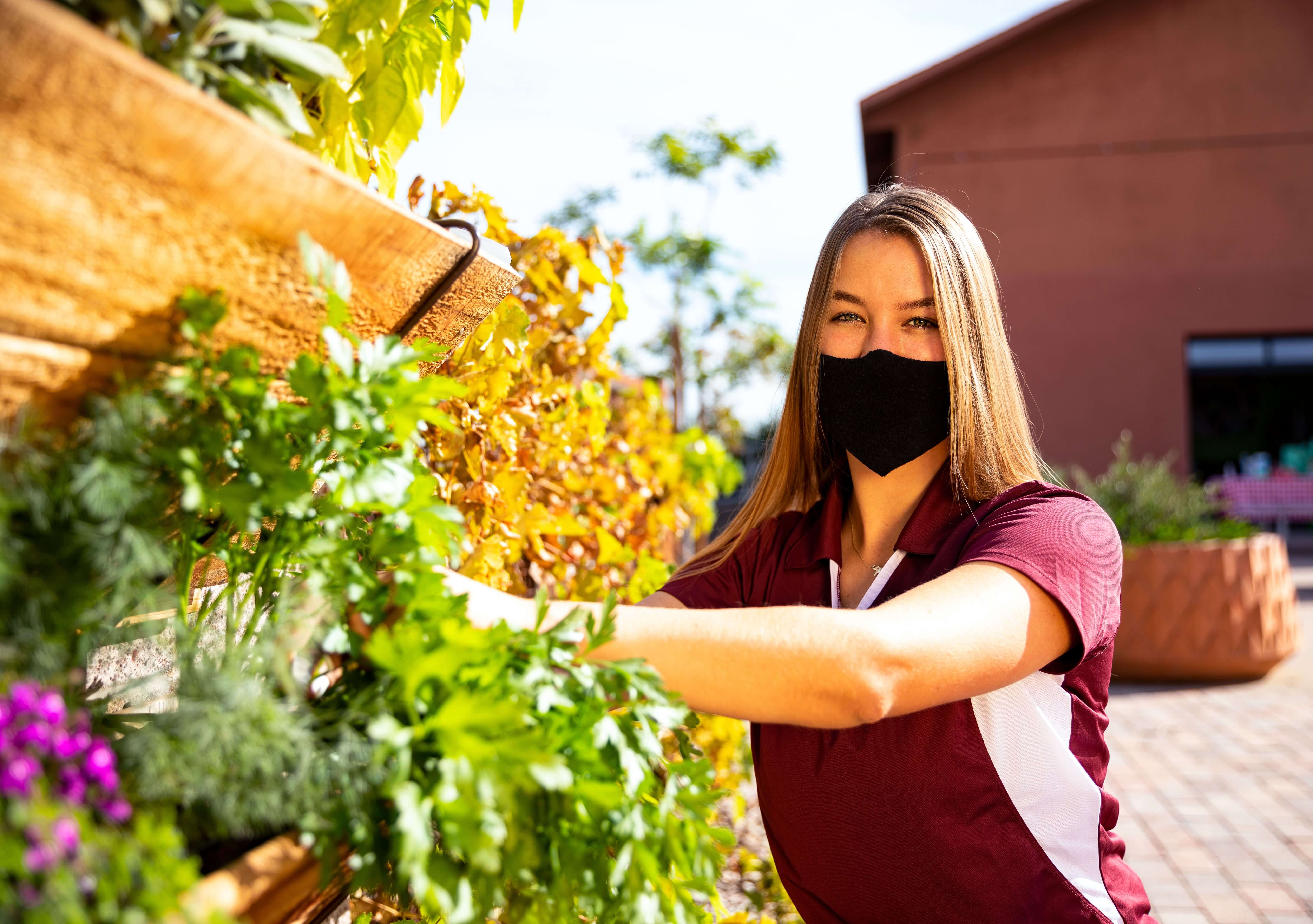
The best part? The distinctive combination of experiential learning, a core business curriculum, plus innovative and wide-reaching concentrations — offered exclusively by ASU.
For the full experience, opt for the Bachelor of Arts in Global Agribusiness, which teaches agricultural production, finance, marketing and distribution. It also explores issues such as international trade, food safety and sustainability.
For those looking to land a career in purchasing and procurement, food supply chain management, wholesale and distribution, logistics, commodity trading and export, or food marketing –– the flexible Bachelor of Arts in Food Industry Management is for you. This programme, offered both online and on-site, explores mission-critical skills in applied finance, strategy, marketing and supply chain management necessary for success in any food-related enterprise.
International exposure is another perk offered to enrollees. They will have the unique opportunity to grow their agribusiness expertise by exploring places, such as Costa Rica, during spring break. Guest lectures, food marketing competitions, academic and company visits with Doka Coffee, Cafe Britt, Starbucks –– amongst many others –– enhance the study abroad experience further. To learn more about how ASU produces graduates who thrive in the largest export industry in the US economy and beyond, click here.
Cal Poly, College of Agriculture, Food and Environmental Science
Cal Poly’s College of Agriculture, Food and Environmental Sciences is home to some of the country’s most prestigious undergraduate agriculture programmes. Nestled between the Pacific Ocean and the world-class vineyards of the Edna Valley –– with laboratories that include ranchland, orchards, vineyards and forests –– its mission is to foster teaching, scholarship and service in a “learn by doing” environment. Here, students, faculty and staff are partners in discovery.
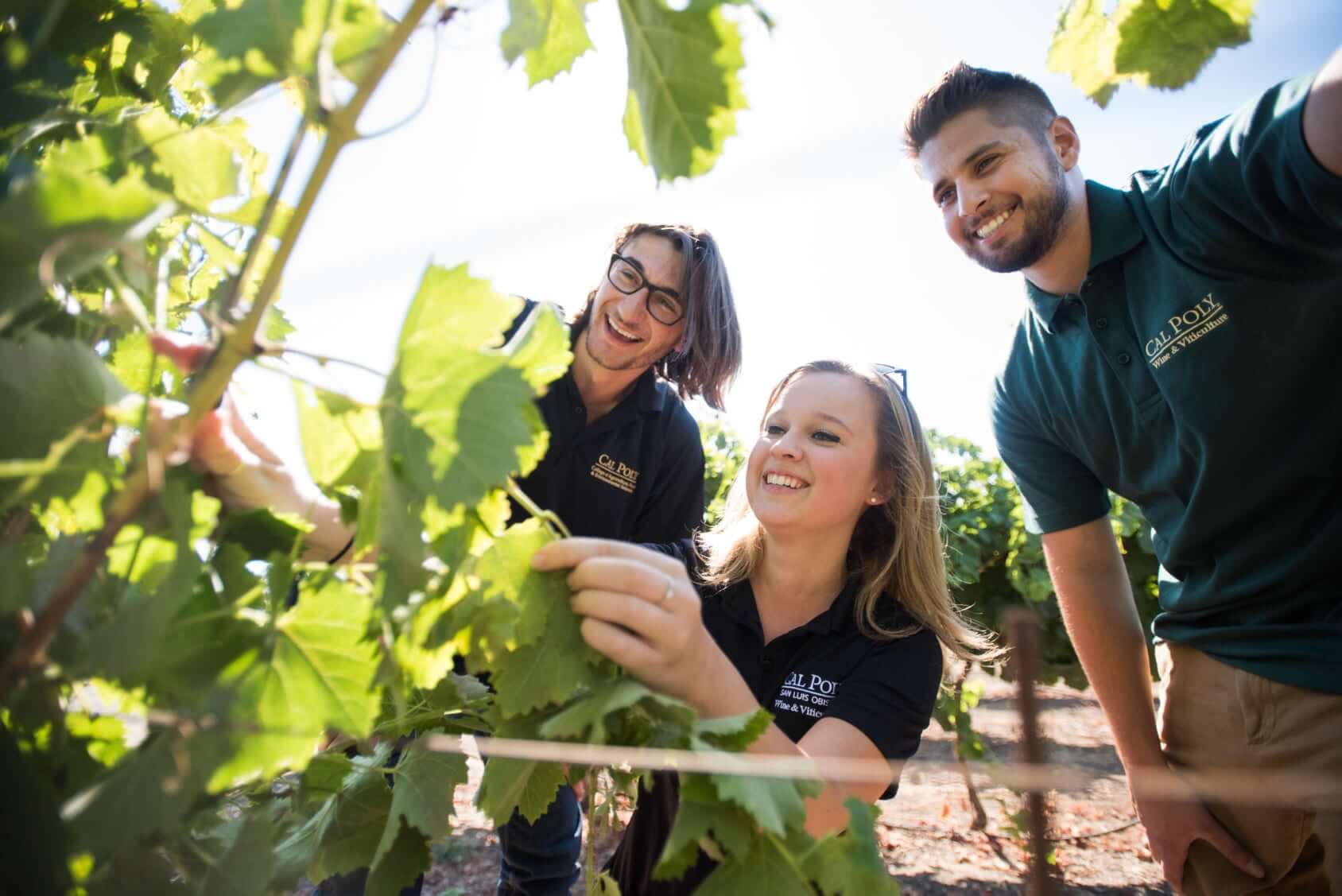
The College of Agriculture, Food and Environmental Sciences is home to some of the country’s most prestigious undergraduate agriculture programmes. Source: Cal Poly
This approach has been used since 1901 to produce leaders in sustainable agriculture, food systems, and environmental and life sciences. Across nine undergraduate departments that offer 15 individual majors and 22 minors, the theme persists.
The Agricultural Education and Communication department’s contribution to the agriculture industry, in general, has prepared and produced passionate leaders to advance the field. Its two main majors are Agricultural Science and Agricultural Communication.
At the Agribusiness department, students graduate with the requisite interpersonal, communication, critical thinking, problem solving, and applied business skills. This knowledge enables them to land successful careers with regional, national, and international agribusiness industries. They could also find work in the firms and organisations that support these industries.
University of Idaho, College of Agricultural and Life Sciences
Looking to advance the health and welfare of people, animals, and the environment through research and education? At the University of Idaho’s College of Agricultural and Life Sciences, 27 undergraduate programmes in agriculture, community, human and rural development, natural resources, nutrition, life sciences and more do just this.
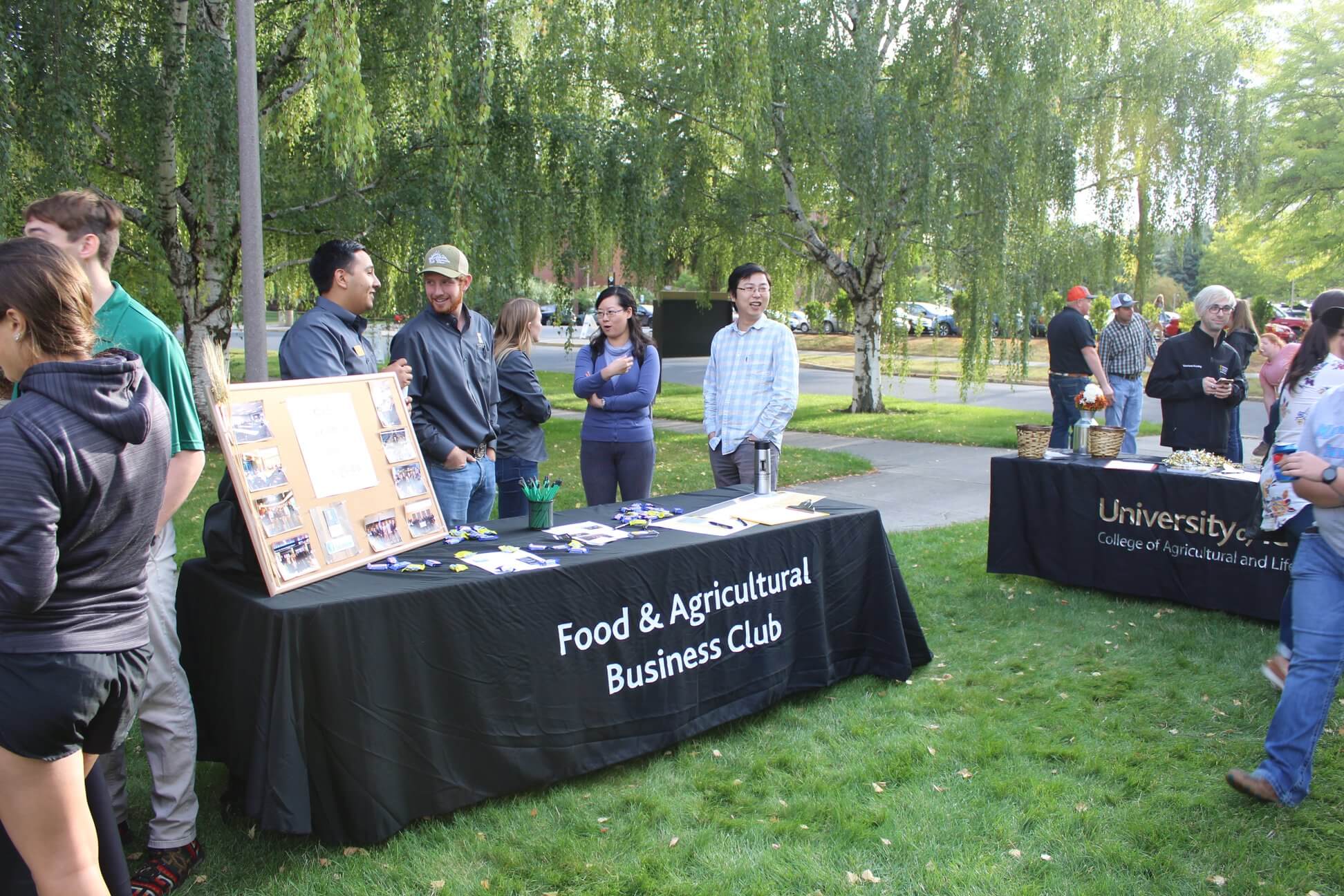
Agriculture is one of the main industries in the state of Idaho. Source: University of Idaho
Its BS Agricultural Systems Management focuses on understanding the design and operation of equipment and systems in order to maximise their use and management in agriculture. The BS in Agricultural Education explores teaching methods that can be used to train the next generation of changemakers.
The college is also home to comprehensive programmes in agribusiness, applied economics, food and nutrition, crop science, dairy food management, and environmental soil science –– amongst many more.
To add, agriculture is one of the main industries in the state of Idaho, with over US$25 billion in total sales, accounting for 20% of the state’s total. Agribusiness, on the other hand, is responsible for 14% of Idaho’s GSP. Approximately one in every seven jobs in the state is related to agriculture.
What makes the University of Idaho the best in the state for an education in agriculture? The institution plays a key role in the field’s industry –– through research, teaching, and extension activities.
*Some of the institutions featured in this article are commercial partners of Study International








